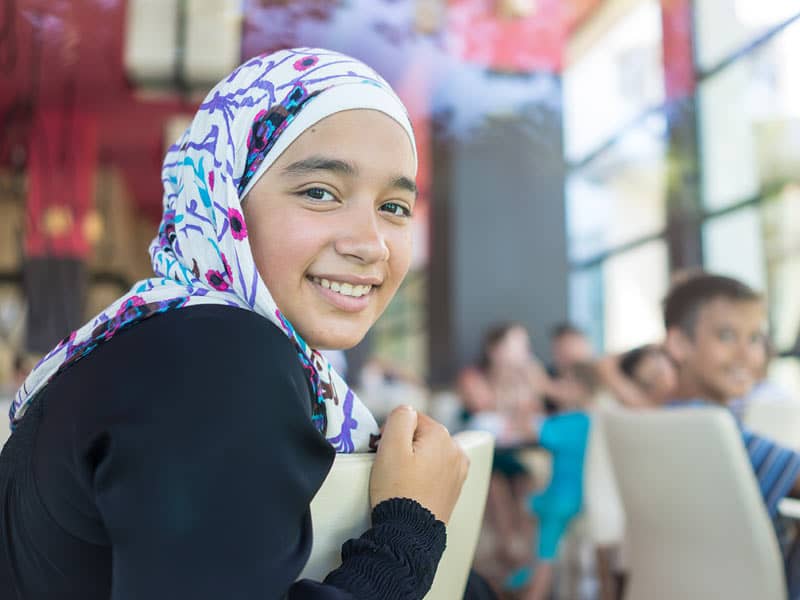To have women spinning among men in dervish prayer is a break from tradition for the Istanbul-based group that seeks to update the mystical dervish branch of Islam founded more than 700 years ago.
For Frindt, a 27-year-old American, the whirling ceremony, called the "sema," is exhilarating.
"It is kind of like Christmas morning. You're kind of excited, maybe a little bit nervous, but very happy," she said before a recent sema.
Frindt, a painter and English teacher from Boston who grew up without religious instruction, said she had found peace in the ritual founded by the philosopher and poet Mevlana Celaleddin Rumi.
Hasan Cikar, spiritual leader of the Contemporary Lovers of Mevlana, has introduced numerous changes to the dervish tradition. His group was the first to have women swirling in public alongside men and is not accepted by the traditional Mevlevi order.
The Mevlevis are a branch of Sufism, which emphasizes personal devotion and often blends local practices into worship. The order is open to members of all religions but is based on the principles of the Prophet Muhammad.
The order was created after the death in 1273 of Mevlana, who was little attached to rites and preached tolerance. In his most famous poem, he says:
"Come! Come again! Whoever, whatever you may be, come!
"Heathen, idolatrous or fire worshipper, come!
"Even if you deny your oaths a hundred times, come!
"Our door is the door of hope, come! Come as you are!"
"I was able to share the holy way and my soul can reach a higher place," said Yamazaki, a television journalist who left Tokyo to be close to the group in Istanbul.
Cikar, who is known by the title of Sheik or Hasan Dede, says women can take part in the ceremony with men because the sexes are equal in God's eyes. He founded the group in 1991 and now leads 14 whirling dervishes--seven men and seven women.
"We renew everything. There is nothing old here," said the 65-year-old Cikar. "We are always looking forward."
The group performs in Istanbul's first dervish prayer hall, which became a museum when Turkey banned religious orders in 1925. Frindt and other women dressed in colorful outfits kiss Cikar's hand and swirl into a trance to the sound of drums, violins and a solo wooden flute that backs the choir.
The dervishes whirl like spinning tops for close to an hour at a time, their long robes floating knee-high around them. Men and women wear the same attire, but men are dressed in the traditional white robes, while the women are in red, green or pink. Intense concentration and a careful foot technique prevent them from getting dizzy.
The group sings Mevlana's words in Turkish, not the traditional Persian, which is little understood in Turkey today. That "makes it a living thing instead of just folk-dancing or something like that," Frindt said.
In traditional dervish groups, only men dance in public semas. Women have participated in private semas in the past.
The Mevlevi order, still led by the descendants of Mevlana, rejects Cikar's changes.
"They are not Mevlevi. This is a show," said Faruk Celebi, a Mevlana descendant. Although there is no longer any formal instruction to be a member of the Mevlevi order, the traditions must be respected, he said.
Cikar does not have the family's authorization to conduct semas and the group did not travel to Konya, where Mevlana lived most of his life, for the Dec. 17 anniversary of the mystic's death.
Mevlevis gather in Mevlana's mausoleum for the "Seb-I Arus," or the Wedding Night. Mevlana believed death was a moment for rejoicing in the union with God.
But the dervish hall in downtown Istanbul is packed every two weeks with tourists and Turks. Most are pleased to see women whirling.
"It was somewhat shocking," said Heather Kelley, a tourist from Boston. "And then I thought: Ah, there's hope!"

